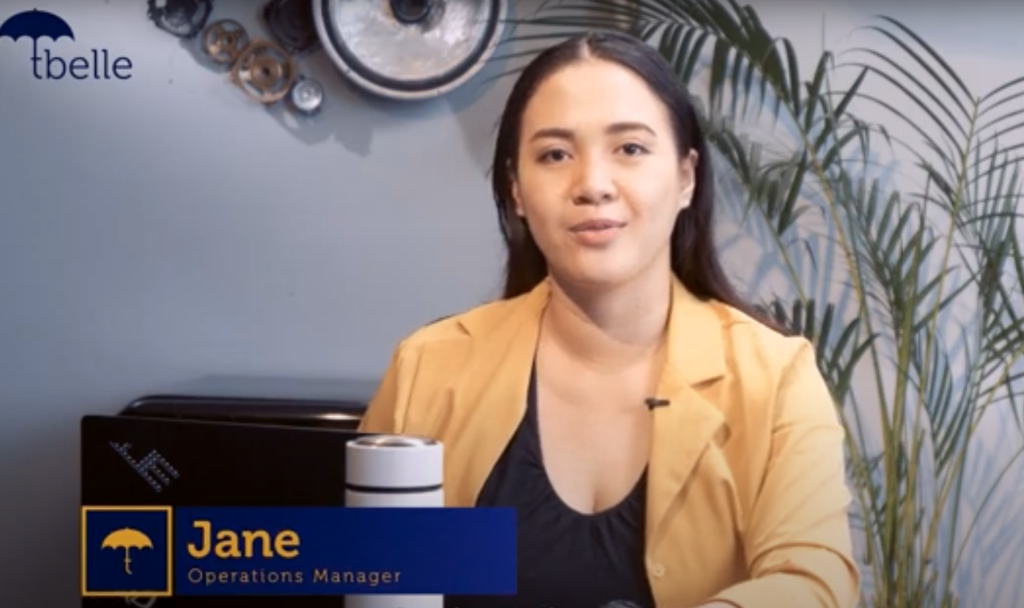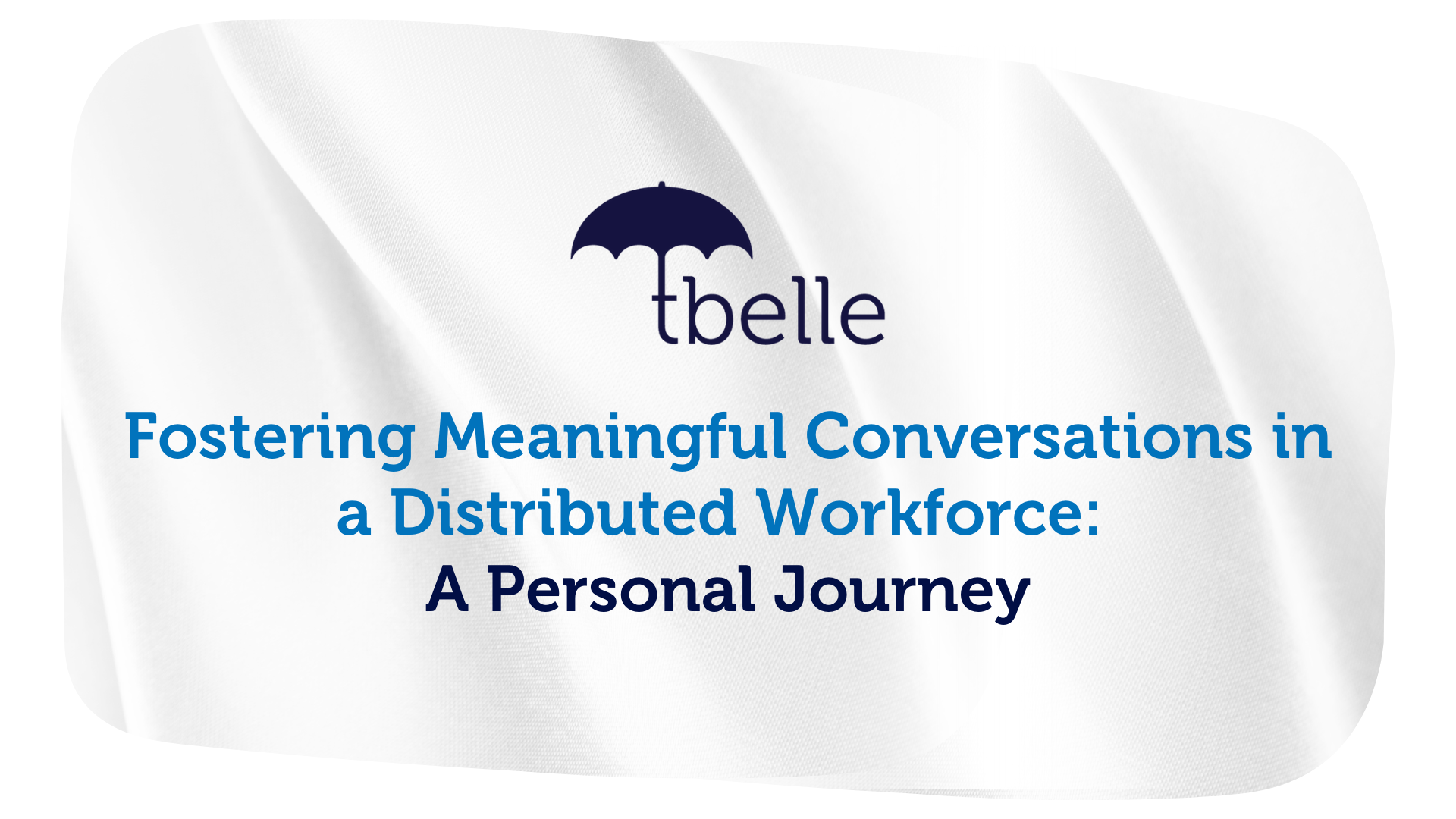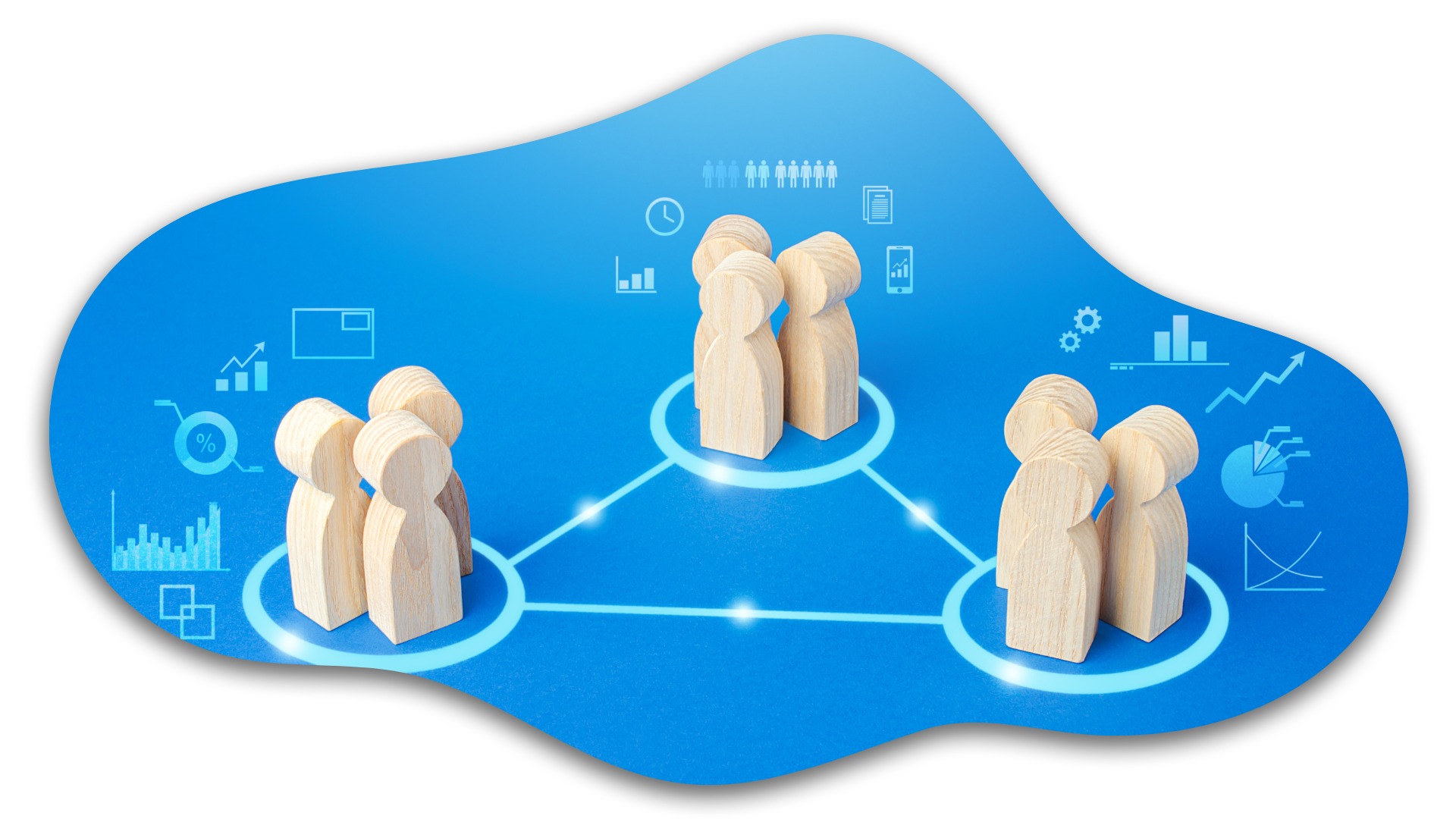When I first joined Tbelle as an Executive Assistant in 2019, I was transitioning from a work environment that felt disconnected—where the culture didn’t align with my values, and employees often lacked a genuine sense of belonging.
Coming into Tbelle was a complete shift. From day one, I was mesmerised by how they prioritise their employees, ensuring that every individual felt seen, valued, and connected to the organisation’s mission.

(Here’s a video of me 2 years ago!)
What stood out the most was the culture of collaboration and meaningful conversations. Here, communication wasn’t just about emails or meetings—it was about truly listening, supporting growth, and fostering relationships. As I grew with the company, I witnessed firsthand how intentional communication transformed the way teams connected, both remotely and in person. Tbelle also played a crucial role in my career growth, supporting my development and providing me with opportunities to expand my skills. Today, I am proud to be part of the Core Team, contributing to the very culture of connection and collaboration that first inspired me.
This blog isn’t just about how organisations can foster meaningful conversations—it’s also a reflection of how I experienced Tbelle’s evolution and how communication played a pivotal role in shaping the company’s growth and Workforce Integration efforts.
The Tbelle Culture: Adapting to a Distributed Workforce
In its early days, Tbelle was a close-knit company built on strong relationships. However, as the company expanded and the global workforce landscape shifted—especially after the pandemic—the challenge became maintaining that same level of connection in an increasingly distributed workforce. The sudden shift to remote and hybrid work pushed organisations worldwide to rethink their communication strategies, and Tbelle was no exception. One of the biggest concerns was ensuring that employees, regardless of location, felt included and engaged.
Recognising that a strong workplace culture couldn’t rely on physical proximity alone, Tbelle embraced a different approach to dealing with a distributed workforce – putting more emphasis on connection over productivity. This later became a leadership strategy we now know as Workforce Integration that prioritised seamless communication, trust-building, and professional development. It became clear that maintaining meaningful conversations in a remote-first world required a blend of structured processes, leadership support, and social initiatives to keep employees engaged and connected. This journey was rooted in research-backed strategies and real experiences from our own team members.
How Tbelle Fostered Meaningful Conversations in a Growing Organisation
1. Creating Space for Connection
One of the first things I noticed at Tbelle was the way leaders prioritised connection. They didn’t just communicate tasks—they listened, asked questions, and made people feel heard.
To maintain this, Tbelle introduced initiatives such as:
- Monthly Touchbases with Leaders – These one-on-one meetings ensured employees had regular check-ins with their managers to discuss their progress, challenges, and personal growth.
- Virtual Check-ins – Despite being in a remote setup, Tbelle made sure every team member felt part of the bigger picture by fostering open discussions in virtual spaces.
- Quarterly Town Halls – These became an avenue to not only update the team on company milestones but also celebrate employees, ensuring they felt valued and heard.
- Employee Journey – I personally saw how this structured onboarding process helped new hires integrate into the team, ensuring they built meaningful relationships from the start.
2. The Role of Leadership in Building a Connected Workforce
At Tbelle, leadership plays a crucial role in fostering a culture of trust and open communication. From my experience, the way our managers and senior leaders engaged with employees on a personal level made all the difference. Instead of feeling like just another number in an organisation, employees felt like their voices mattered.
We saw this in action through:
- Active listening in leadership – Leaders at Tbelle embraced transparent and empathetic communication, ensuring every employee felt valued.
- Structured Feedback Culture – Encouraging two-way feedback allowed employees to openly share their thoughts, fostering continuous learning and trust.
- Psychological Safety – Mistakes weren’t penalised but seen as opportunities for learning, which helped employees feel safe to express ideas and take initiative.
3. Workforce Integration and Communication Evolution
As Tbelle grew into a Workforce Integrated company, I saw how important structured communication became in helping teams stay connected despite geographical barriers. The challenge was ensuring that hybrid and remote employees felt as engaged as those working closely in person.
Key strategies included:
- Relay Model for Global Teams – Instead of relying solely on real-time collaboration, Tbelle structured work in a way where teams could transition tasks seamlessly between time zones, reducing bottlenecks and ensuring productivity.
- Clear Virtual Communication Strategies – By implementing structured documentation, asynchronous updates, and leveraging tools like Slack and Notion, we ensured that information was accessible to all employees, no matter their location.
- Cross-Cultural Training – With a growing international workforce, Tbelle placed emphasis on cultural awareness, ensuring diverse teams could collaborate effectively without misunderstandings.
4. The Power of Community and Engagement Initiatives
Beyond structured communication, Tbelle knew that meaningful conversations weren’t just about work—they were about relationships.
This is why initiatives such as Monthly Fun Fridays, Summer Parties, Anniversary Gatherings, and Christmas Celebrations were prioritised. These events gave employees a chance to bond beyond tasks and deadlines, strengthening their personal and professional relationships.
For me, these gatherings were some of the most memorable experiences, because they reminded us that a workplace should be more than just about productivity—it should be about people.
Lessons from Tbelle: What Businesses Can Learn
Reflecting on my journey, I’ve realised that the success of a remote or hybrid team isn’t just about having the right tools—it’s about fostering real human connections. Companies looking to build a culture of meaningful conversations should:
- Prioritise Intentional Communication – Create regular touchpoints where employees can share their ideas, challenges, and feedback.
- Develop Leadership That Listens – Train managers and executives to engage with employees authentically, ensuring they feel valued.
- Implement Workforce Integration Practices – Seamless integration of Workforce, Strategy, and Purpose toward the employee and the organisation.
- Encourage Social Interactions – Foster relationships through both formal and informal activities that build camaraderie and trust.
Conclusion: A Culture That Thrives on Connection
Looking back at my journey, I can confidently say that meaningful conversations are the foundation of Tbelle’s success. The way we communicate—whether in virtual check-ins, leadership discussions, or team celebrations—shapes the way we collaborate, trust, and grow together.
If there’s one thing I’ve learned from my time here, it’s that people thrive in environments where they feel heard, supported, and connected. And that’s exactly what Tbelle continues to build every day.
For companies looking to create the same impact, remember this: Strong teams aren’t built on processes alone—they’re built on relationships. And meaningful conversations are what bring them to life.










